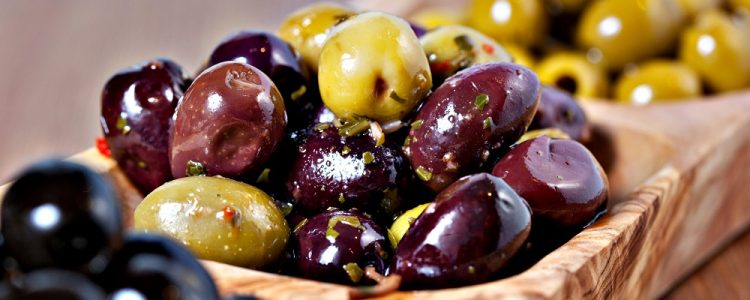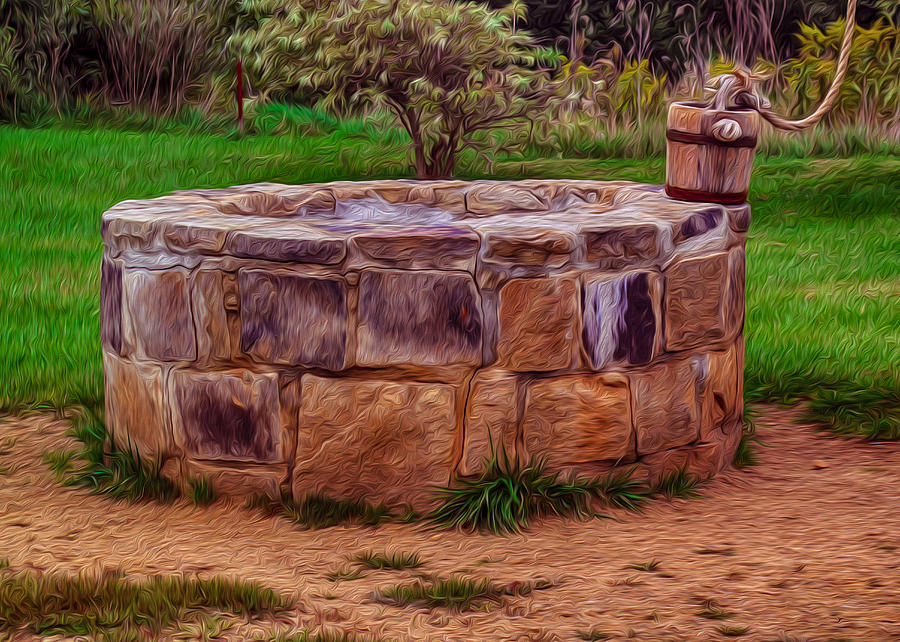“This salutation by my own hand – Paul.
Remember my chains. Grace be with you. Amen”
– Colossians 4:18 –
From verses 7 to 18 of Colossians 4, the apostle mentions ten people on his team:
- Tychicus: He treats him as a fellow servant and puts him on his own level. He was the bearer of the letter and a personal message from the apostle.
- Onesimus: He was a runaway slave from Colossus, converted in Rome, but Paul considers him a beloved and faithful brother.
- Aristarchus: Always beside Paul in his most difficult moments. Collaborator and a slave of his own free will.
- Mark: He was secretary to Paul and Barnabas on the first missionary journey, but abandoned them halfway when they needed him most. Paul forgave him, included him again in the mission, and recommended him. Paul did with Mark the same thing God does with us (see Acts 12:25; 15:36-39; 2 Tim. 4:11; Phil. 24).
- Jesus, called Justus: It is the only mention of him in the Bible. What would they say about us if they had sum us up in three words?
- Epaphras: He was one who never forgot about the Colossians. He was the leader of a district, who prayed and worked for the churches.
- Luke: He was a beloved physician, the author of the Gospel by the same name and the book of Acts. He had given up his lucrative career to attend, comfort, care for, and strengthen Paul in order to fulfill the mission.
- Demas: He was a faithful brother, but who did not remain faithful; he abandoned the apostle and the Lord because of his love for the world.
- Nymphas: A faithful, dedicated, and missionary sister who offered herself to the cause of the gospel, she and her resources. The small church of Laodicea was started in her house.
- Archippus: Philemon and Nymphas had opened their houses to establish the church, and Archippus was a leader in the church that operated in Philemon’s house. In its early days, the home and the church were the same thing and should remain so. The family is the first church.
As we can see, Paul has a team of various people. There was a fugitive slave to a medical writer. A place for each one and each one had their talents.
As a great disciple, Paul integrated and traines everyone
for the mission with the visionof a prophet, the mind of a scholar,
the heart of an evangelist, the discipline of a soldier,
the faithfulness of a friend, and the love of a father.










